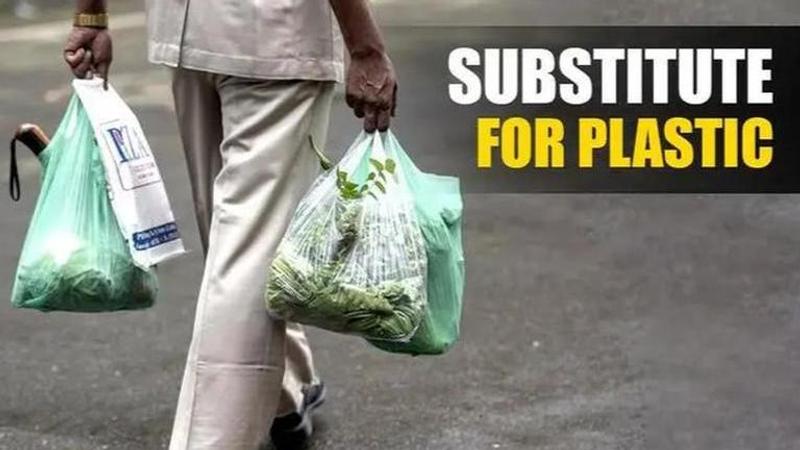Published 15:01 IST, September 23rd 2019
Wood fibre & spider silk to replace plastic; researchers claim
Researchers at the Aalto University and VTT have successfully created an alternative for plastic with wood fibre & spider silk to replace plastic soon.

Humans have generated tonnes of plastic that now scientists are looking for a better alternative to replace plastic. Researchers at the Aalto University and VTT Technical Research Centre of Finland have successfully created a strong and extensible alternative for plastic. They have engineered a new bio-based material by glueing together wood cellulose fibres and the silk protein found in spider web threads. The new substitute to plastic is a very firm and resilient which could be used to possibly replace plastic for medical applications, surgical fibres, textile industry and packaging.
Natural Ingredients Used to Create a Substitute for Plastic
Natural ingredients that are easily available to create a substitute for plastic are cellulose and silk that have been used in this research. The advantage of using both of these materials is that they are biodegradable and in turn do not damage the nature unlike plastic, said the lead researcher, Prof Markus Linder at the Aalto University. "We used birch tree pulp, broke it down to cellulose nanofibrils and aligned them into a stiff scaffold. At the same time, we infiltrated the cellulosic network with a soft and energy dissipating spider silk adhesive matrix," explained research scientist Pezhman Mohammadi from VTT.
Synthetic DNA used for Extracting Silk
Silk is a natural protein, excreted by animals like silkworms and also found in spider web threads. But the researchers in Aalto University are not actually using spider webs but instead are producing the spider web silk using bacteria with synthetic DNA.
"Because we know the structure of the DNA, we can copy it and use this to manufacture silk protein molecules which are chemically similar to those found in spider web threads. The DNA has all this information contained in it," the lead researcher, Linder explained. "Our work illustrates the new and versatile possibilities of protein engineering. In the future, we could manufacture similar composites with slightly different building blocks and achieve a different set of characteristics for other applications," said Pezhman.
Updated 16:38 IST, September 23rd 2019




